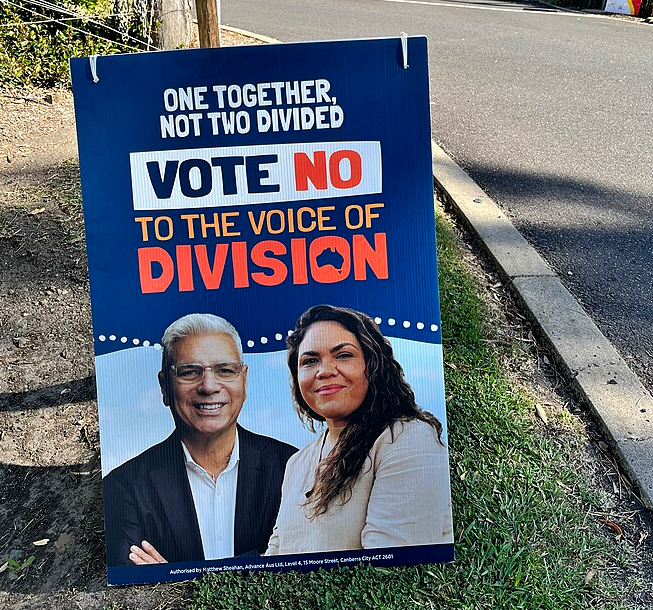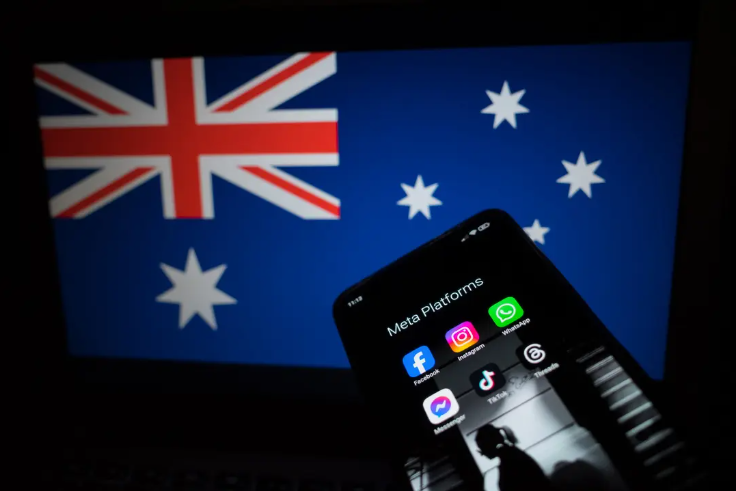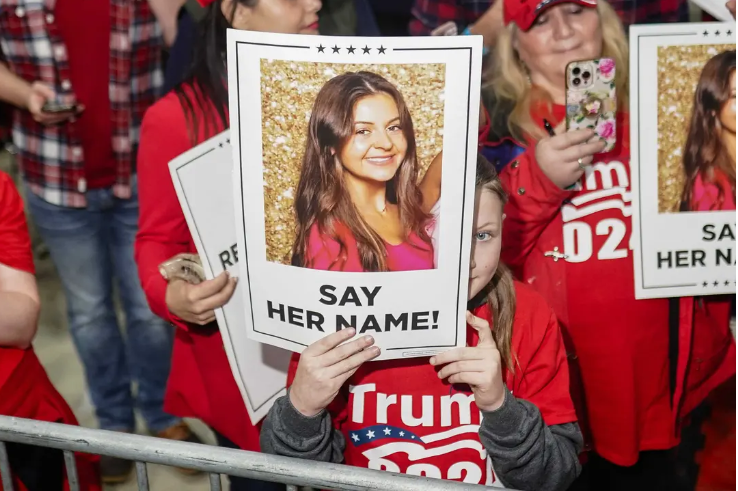Indigenous Leaders Call for “Week of Silence” Following Referendum Defeat
Several Australia's First Nations organizations who campaigned for enshrining an advisory Indigenous voice to parliament in the constitution, including the Central Land Council and the Central Australian Aboriginal Congress, have called for a 'week of silence' in the aftermath of the referendum's...

Facts
- Several Australia's First Nations organizations who campaigned for enshrining an advisory Indigenous voice to parliament in the constitution, including the Central Land Council and the Central Australian Aboriginal Congress, have called for a 'week of silence' in the aftermath of the referendum's result.1
- A statement — which also urged Aboriginal and Torres Strait Islands flags be lowered to half mast for the week — was released on Saturday evening, after it became clear that the constitutional amendment would be rejected in all six states. The statement followed consultation with key Yes23 campaigners.2
- A 'week of silence' intended to allow the public to process the defeat has reportedly halted the federal government's plans to refocus attention on reconciliation and pursue immediate, direct consultation over future plans to tackle Indigenous disadvantage.3
- Despite the referendum results, Australian states are pushing ahead with their own plans to negotiate treaties with First Nations, a suggestion which also appeared in the Uluru Statement from the Heart. Victoria is reportedly at the most advanced point in the treaty process, while New South Wales has yet to begin.4
- Meanwhile, Coalition leader Peter Dutton on Monday retracted his pledge to hold a second referendum on a symbolic Indigenous constitutional recognition, claiming that Australians are 'over' the referendum process for some time.5
- Accounting for nearly 4% of Australia's population, the Aboriginal and Torres Strait Island people aren't specifically mentioned in the constitution. As the country's most disadvantaged group, they face a shorter life expectancy than other populations within the country and suffer from eradicable diseases at notably higher rates than other Australians.6
Sources: 1The Guardian, 2The Sydney Morning Herald, 3The Age, 4ABC Australia, 5SBS News and 6Independent.
Narratives
- Left narrative, as provided by The Guardian. Australia's First Nations people have endured generations of discrimination, exclusion, and outright theft. The referendum was a way to try and unite the country, but it failed due to a misinformation campaign that steered debate away from the core issues. This result damages Australia's image in the world regarding how it treats Indigenous people.
- Right narrative, as provided by American Spectator. A Yes vote for the Indigenous Voice referendum — which was itself a distraction from achieving practical and positive outcomes — would have let politicians widely considered untrustworthy create sets of rules to govern the body, while dividing Australians along racial lines without actually reducing Indigenous disadvantage or marginalization. The government is right in its attempts to push forward pragmatic and feasible improvements for indigenous populations.






